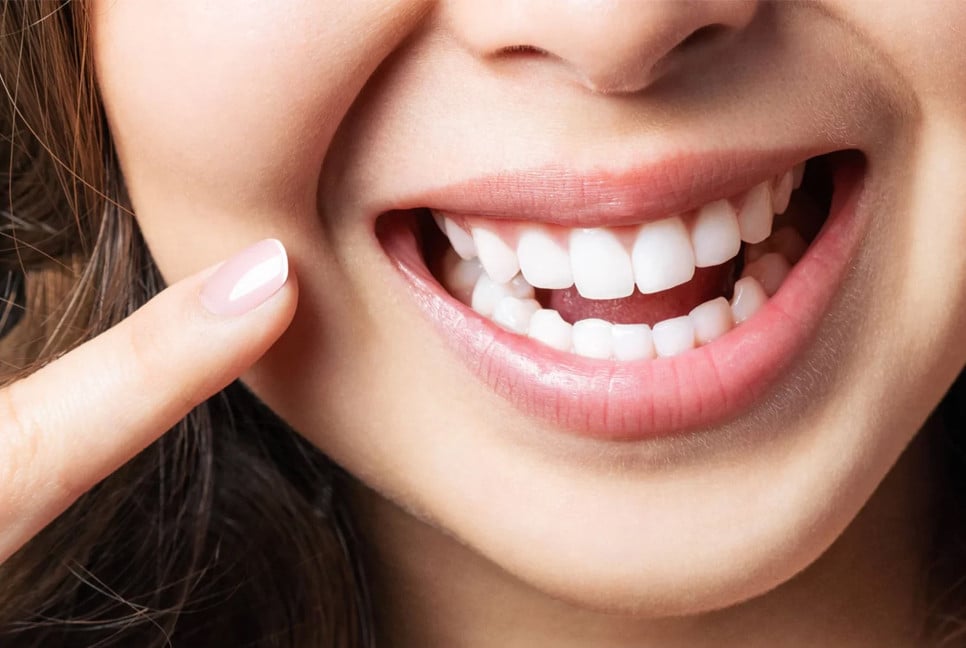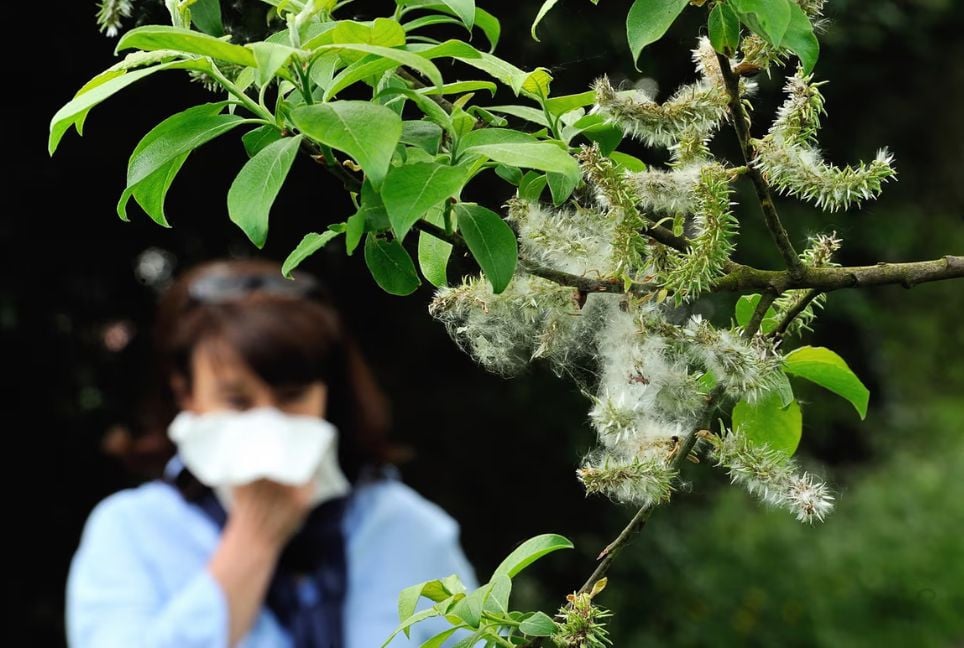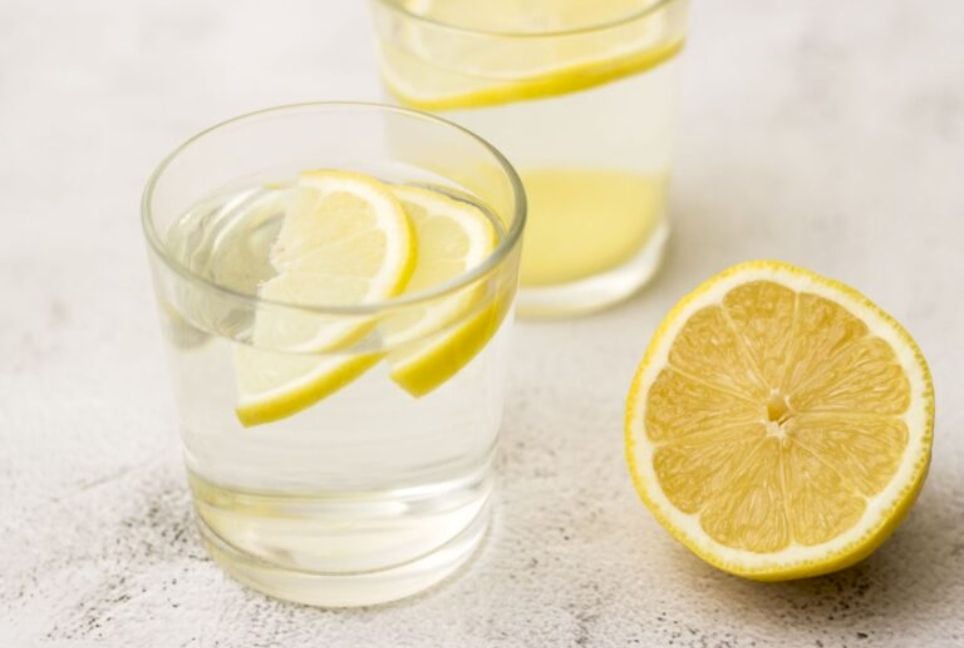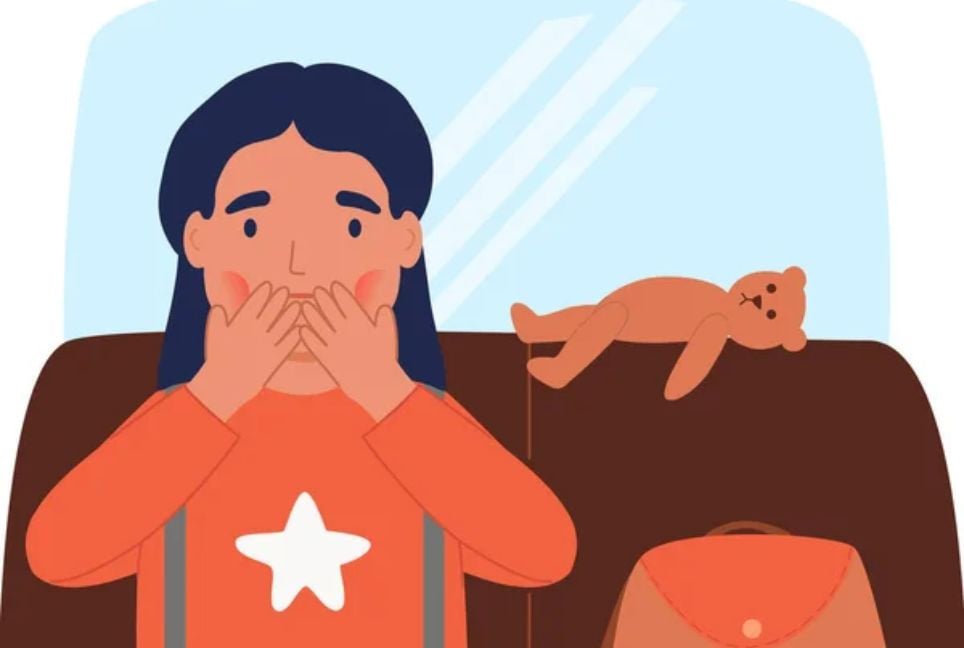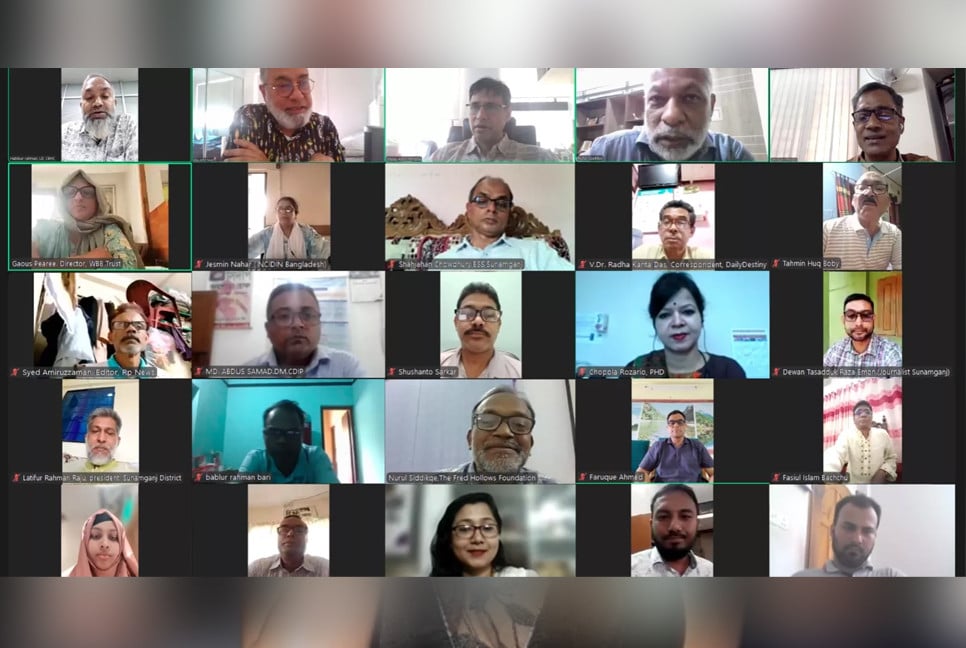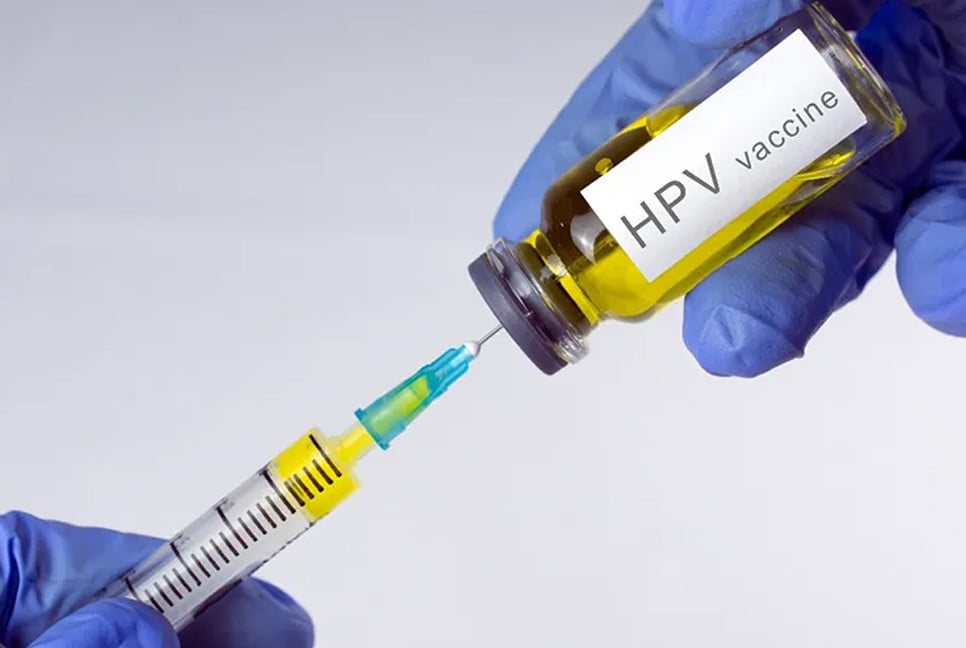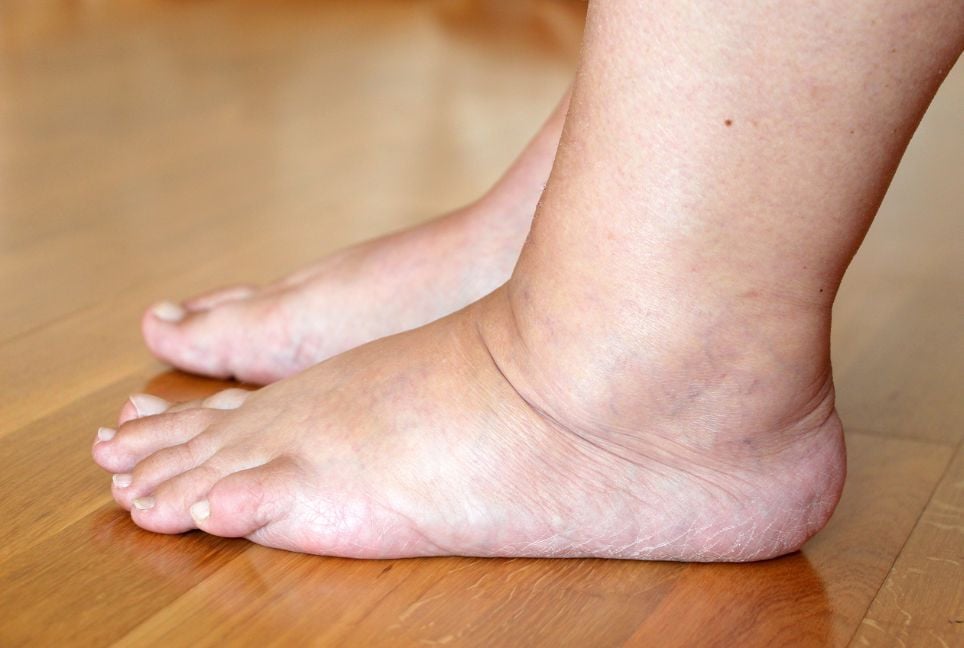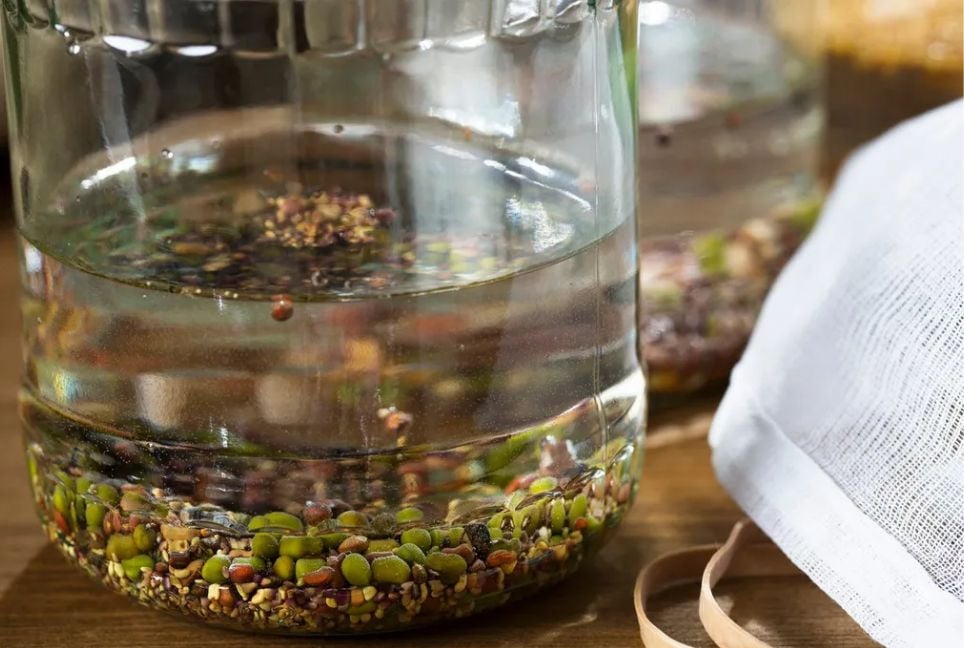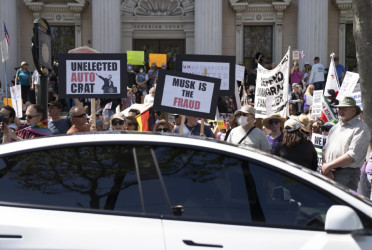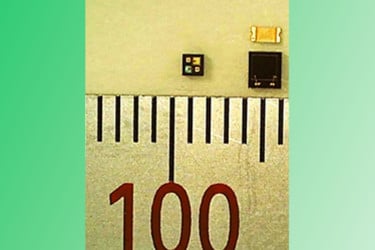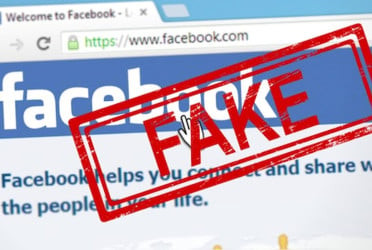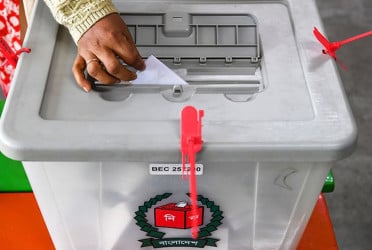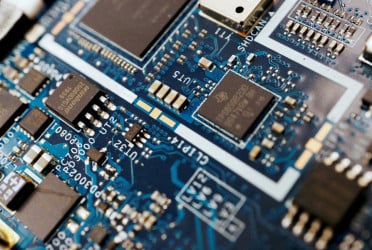It’s easy to take our dental health for granted until there is a problem – and then it can be a nightmare even getting an appointment. But most people have some level of gum disease, and even if it doesn’t hurt, it may lead to worse problems further down the line. Here is advice from dentists on how to avoid painful and costly treatment, reports the Guardian.
Sugar really is bad for your teeth
“We can’t avoid sugar in modern diets – it is hidden everywhere,” says Tristan Roberts, a dentist who works at several private clinics in central London. “The only reason we have tooth decay is because of sugar.” It is striking, says Roberts, that when we look at teeth in prehistoric skulls, there is hardly any sign of decay – and yet there weren’t dentists and fillings back then. “As soon as we started introducing refined sugars into the diet, decay exploded. Sugar itself doesn’t cause decay but it causes bacteria in the mouth to go crazy: they eat the sugar and release lots of acid.”
Use electric toothbrush
“If you are going to have sugar, make sure you are brushing your teeth really well,” says Roberts. “In this day and age, everybody should have an electric toothbrush. It doesn’t have to be a top-of-the-range one, just rechargeable, as they work better, and ideally with a pressure sensor to make sure you’re brushing gently around each tooth.
Cut down on snacks
“The timing of when we have sugar is just as important as the amount,” says Roberts. Limit eating and drinking sweet things to no more than four times a day: breakfast, lunch, dinner and one snack, he says. If you have to have chocolate, make sure it is at those times, “rather than constantly grazing throughout the day when your teeth would be in a constant state of attack”. Rinsing your mouth out with water or using sugar-free chewing gum straight after a sugar hit can help to reduce the acidic load on the teeth, he says.
“Your teeth can cope with breakfast, lunch and tea, but they can’t really cope with much else in between, other than water,” says NHS dentist Jenna Murgatroyd, who owns St Agnes Dental Practice in Cornwall. “If you are constantly bathing your teeth in food, then you are constantly feeding the bacteria, which causes decay.”
Wait for 30 minutes after eating to brush
The saliva in our mouths is really good stuff for cleaning, says Roberts. “It has got things in it such as calcium and phosphate, which is what teeth are made of, causing the teeth to go into a state of repair.” It takes about half an hour after eating for saliva to remineralise the teeth, he says, so hold off on brushing until this point or you may end up brushing away the surface of your teeth. “Your teeth have the ability to reharden after you’ve eaten something,” says Murgatroyd. “If you’re brushing your teeth as soon as you’ve eaten, then you are brushing off the softened enamel before it has the chance to toughen up again.”
Brush before breakfast, after last thing at night
You don’t need to brush your teeth every time you eat, says Roberts – twice a day will suffice. “Ideally, first thing in the morning to get the fluoride benefit of the toothpaste protecting teeth during the day, and then especially well last thing at night, because when we sleep our mouths are a lot drier; we haven’t got the same amount of saliva that is produced during the day. Bacteria love those conditions and are a lot more likely to cause issues.”
Brush for full two minutes
“Most people will brush for less than a minute and think it has been two minutes,” says Dr Praveen Sharma, an associate professor and honorary consultant in restorative dentistry at the Birmingham dental hospital and a scientific adviser to the British Dental Association. “Even people with an electric toothbrush often don’t realise that most have an inbuilt timer, which buzzes at certain intervals and buzzes a bit differently when the full two minutes is up.”
Use fluoride toothpaste
“Fluoride makes the teeth about 10 times more resistant to erosion and decay,” says Roberts. “It also has antibacterial properties that help to protect the teeth.”
Don’t rinse
“Spit the toothpaste out but don’t rinse it with anything afterwards,” says Murgatroyd, to ensure you get the benefit from the toothpaste.
Don’t use mouthwash straight after brushing
“At the moment, the advice is not to use mouthwash directly after brushing your teeth,” says Roberts, “because the concentration of fluoride is a lot lower than what is in toothpaste. So either use it before brushing your teeth or any other time during the day, half an hour after brushing.”
Brush mindfully
“Brushing should be an exercise in mindfulness,” says Sharma, “where you’re really feeling the bristles going between the tooth and gums and from tooth to tooth, listening to the sound of the brush, tasting the toothpaste.” It should not be done “while you’re walking around doing other things at the same time: you need to be very present in the moment”.
Don’t forget to do both sides
“If you’re right-handed,” says Sharma, “you tend to spend a lot more time brushing the left side of the mouth instinctively, because it’s easier to do, and you often neglect the right side. The reverse is true for left-handed people. When we’re doing a dental examination, we can guess whether someone’s right-handed or left-handed, because there’s that level of difference in inflammation. For my right-handed patients, I advise them to start on the right and then work their way to the left. And vice versa for those who are left-handed.”
Don’t wet your toothbrush
“We don’t advise you to wet your toothbrush at all,” says Ajit Tanday, a fellow associate professor and consultant at Birmingham (Tanday and Sharma are married), who specialises in paediatric dentistry. “Adding water to your toothbrush dilutes the toothpaste and encourages more foaming, so you spit out more of the toothpaste, as opposed to letting it sit on your teeth. This goes for everyone, not just children.”
Establish good routines as early as possible
“Children learn by mirroring,” says Tanday, “so if you brush your teeth together as a family, they are probably going to be more inclined to do it because it’s part of their routine.” She recommends gently rubbing a baby’s gums with a muslin even before teeth erupt to establish the habit of cleaning. With young children, use an egg timer or app to ensure they brush for two minutes and help them to make sure a thorough job has been done. Tanday says she is often asked when a child can brush independently: it is something of a myth that if they can tie their shoelaces they can brush their teeth without help. “My advice is to check every so often what their technique is like,” she says. The official guidance is until seven, but you definitely should keep an eye beyond this age, Tanday says.
Flossing is non-negotiable
“Interdental brushes – little brushes that go between the teeth – are the gold standard,” says Roberts. “If you can’t use them, standard floss is also good but it is technique-sensitive and we tend to do a better job with interdental brushes. Water flossers are better than nothing, but there’s only so much plaque that can be removed by rinsing alone; the teeth need to be scrubbed in between.”
Manage stress
“Stress has a direct impact on your gum health by affecting your immune response,” says Sharma. “You may already realise the impact of stress on your immune health if you’ve noticed that when you’re stressed, you are more prone to get unwell. As periodontitis is an interplay between the bacteria in your mouth and your immune response to these bacteria, things that affect your immune response, such as stress, will affect your susceptibility to periodontitis.”
Don’t be scared of dentists
“We understand that we’re not everybody’s favourite place to visit,” says Murgatroyd. “We are trained in looking after people who are nervous about coming to see us, but the sooner you can pluck up the courage to come in, the sooner we’ll be able to look after you and help guide you with your oral health journey.”
Having a filling is probably for the best
“We will never force you to have fillings,” says Murgatroyd, “but if we suggest them, it will be because you have decay in a tooth. If this decay is left, we may not be able to save the tooth. Generally, if a tooth is sore, the decay has gone too far and we need to either complete a root canal treatment, if this is possible, or extract the tooth.”

